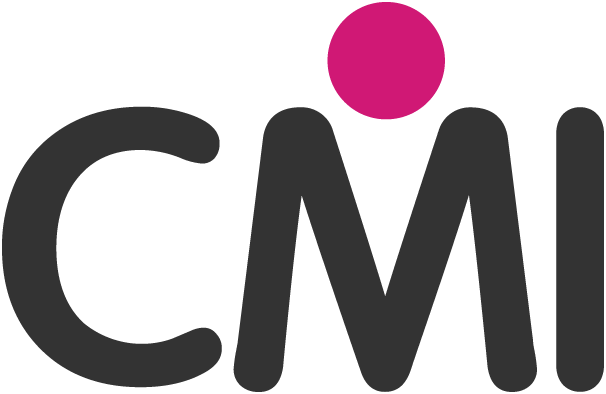How to start talking about workplace racism
Written by Jermaine Haughton Wednesday 24 February 2021
Richard Iferenta, vice-chair of KPMG in the UK, has a unique experience of race in the workplace, having worked his way up through the ranks in one of the UK’s most competitive industries. In a recent edition of CMI’s magazine (free to CMI members), Iferenta explained that racial discrimination should be tackled now, when race is at the forefront of people’s minds.
Why now?
“The tragic killing of George Floyd and other Black citizens in the US, combined with the resulting unrest around the globe, has acted as a painful reminder of how far the world still has to go to end racism and discrimination,” says Richard. “Beyond that, this tragedy has presented all employers with a real opportunity to turn the tide on this long-standing issue, while it’s front and centre in people’s minds. Both corporations and individuals alike have a critical role to play in doing this.”
Richard says there are a number of obstacles in the way. “Racism and inequality are long-standing issues that won’t be remedied overnight, but it’s encouraging to see greater attention being drawn to the subject of inequality and discrimination. While we should always be striving for better, progress takes time.
“The main challenges for employers and leaders are clarity at an early stage about what the business wants to achieve; sponsorship from the CEO for those objectives; and execution of the agenda with appropriate dedicated resources. All of this starts with education as to what privilege is, and leaders need that understanding if they are to achieve meaningful change.”
Iferenta believes this all begins with having difficult conversations. “The ability to openly discuss race and racism is vital for business,” he says. “Being anti-racist isn’t enough to radically shift the dial. It should be complemented with practising anti-racism.”
Iferenta offers the following pieces of advice about starting to discuss workplace racism and discrimination:
- Hold regular, informed discussions about race as part of your business strategy or team updates. Investing time in this activity can lead to huge rewards, as it makes it easier for uncomfortable conversations about race to become part of your everyday dialogue.
- Being open to learning, listening and education can help leaders and managers navigate these difficult conversations. These activities provide platforms for self-reflection about the way we manage our own biases. This, in turn, creates opportunities for growth.
- Being proactive about inclusion is more than a “nice to have”. Every leader and manager should be comfortable talking about race and willing to make mistakes and learn from them. Brave conversations are key.
CMI’s recent report, Moving the Dial on Race: A Practical Guide on Workplace Inclusion, includes six steps for better managers to move the dial on race. We’d be really interested to hear your experiences of what works and the challenges you’re facing in starting a conversation about race in your own workplace. And why not watch our short video on How to foster inclusion?
This article was originally published in CMI’s magazine, an exclusive member benefit. Have you logged in and read it yet?
If you’re not yet a CMI member, find out more about joining here.
You might also like these posts on this topic:
The gender pay gap: five lessons from new CMI research
Filling in the Gaps provides insights, employer recommendations and policy solutions to help organisations take real action
How should managers combat resistance to EDI? The CMI community reacts
We asked the CMI community how to ensure organisations remain open and fair. Here’s what you had to say…
Anti-racist action plans for the workplace
The Black Leadership Group annual conference saw attendees reflect on shared challenges and set tangible anti-racist actions
Filling in the Gaps Report
This research highlights the ongoing challenges in closing the gender pay gap.
Don’t miss out - get notified of new content
Sign-up to become a Friend of CMI to recieve our free newsletter for a regular round-up of our latest insight and guidance.
CMI members always see more. For the widest selection of content, including CPD tools and multimedia resources, check out how to get involved with CMI membership.
Article
Our extensive range of articles are designed to keep you in the loop with all the latest management and leadership best practice, research and news.
Members See More
CMI Members have access to thousands of online learning and CPD resources. Learn more about our membership benefits
Join The Community
CMI offers a variety of flexible membership solutions, tailored to your needs. Find out more and get involved in the CMI community today.
